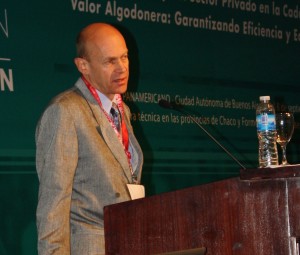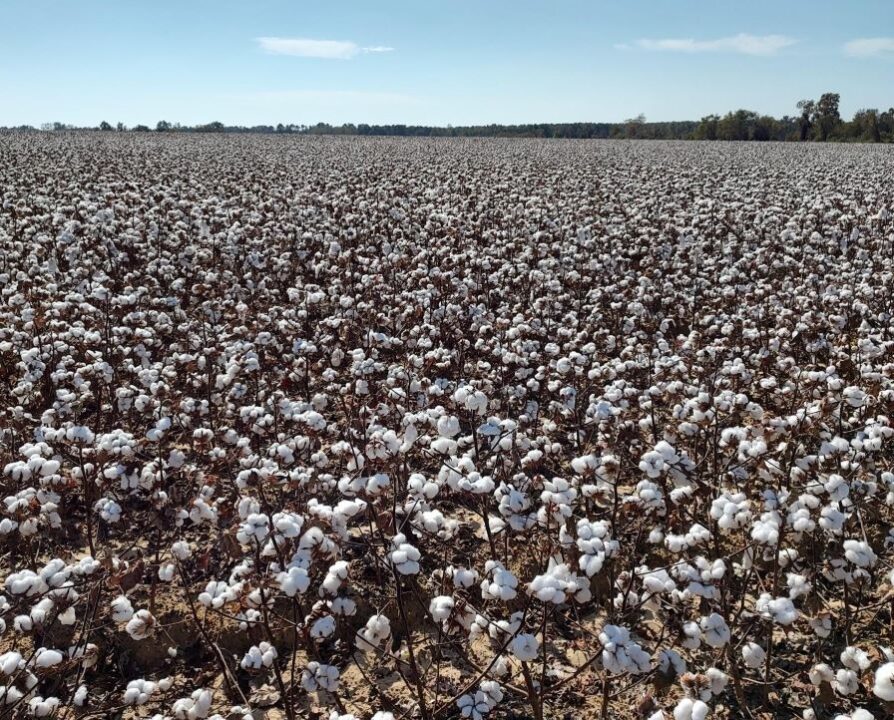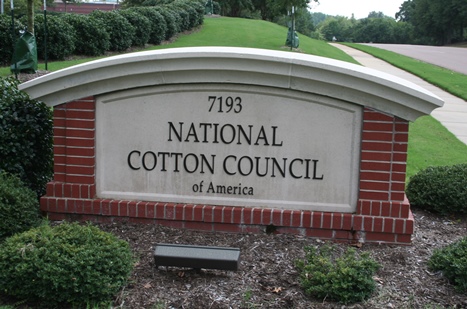ICAC to Look for Consensus on Sustainability

In just 17 days, the International Cotton Advisory Committee (ICAC) will begin its 71st Plenary Meeting in Interlaken, Switzerland, to be held Oct. 7-12. Given its long-standing dedication to the environment, it’s the perfect host country for an international cotton meeting guided by the theme, “Shaping Sustainability in the Cotton Value Chain.”
While it might be the perfect marriage of a location and concept, however, that doesn’t mean it’s going to be easy to “shape sustainability,” despite the impressive list of cotton and textile industry leaders who will be addressing that issue. That’s because the experts first have to come to an agreement on what sustainability actually means.
One of the most knowledgeable and influential of those leaders is Jens Soth, an expert in international agriculture, commodities and sustainability who has hands-on experience in India, West Africa , Indonesia, Zimbabwe, Sri Lanka, Pakistan, and Brazil.
“There is no question that cotton suffers from a lack of clarity on what sustainability means – and textiles perhaps even more so, due to the complexity and vast number of approaches one can take toward sustainability,” says Soth, senior advisor for Helvetas Swiss Intercooperation for projects in the field of sustainable commodities. “Things also change as fiber moves through the supply chain. Cotton might have done everything ‘right’ throughout the growing process, but if the dyeing process isn’t sustainable, for example, the end result isn’t effective. And that doesn’t even address the issue of fair wages for workers.”
Soth’s opinion carries a lot of weight and credibility in the industry due to his experience in multiple countries and unique ability to view the topic from several different perspectives:
- As an investor. Soth works in a “sustainable investment house,” which analyzes companies and their ability to combine top stock performance with the best of sustainability practices.
- As an implementer of sustainability co-op projects. This perspective helps him compare cotton’s sustainability performance with that of other commodities, such as coffee and cocoa.
- As a textile expert. Soth contributes to the European Union Commission, which gives him access and insight into some of the most innovative and pioneering companies in the world.
In the early stages of its sustainability efforts, Soth says, there was a lot of finger-pointing in the supply chain, with cotton blaming textile processors and vice versa. That “reactivity” has moderated and tangible results, especially in the area of pesticide reduction, have been achieved.
Unfortunately, good news rarely travels as quickly as bad news, and cotton’s “dirty” reputation stubbornly lingers in the public’s consciousness. “Most people would fall out of their chairs if they knew what goes on in some other industries,” Soth says. “Cotton has been improving its performance while some of the others are getting worse, but the public isn’t aware of it.”
Of course, there’s still a long way for all crops to go before they can claim to be truly sustainable, Soth says. “There is certainly a deep need for the entire cotton sector to harmonize the discussion of sustainability and promote its successes, but there must be an action plan that will address what still needs to be done,” he says. “That effort will focus on several of the top sustainability initiatives – the Better Cotton Initiative; Cotton made in Africa; FairTrade; and organic – and each of them will serve as discussion points in various sessions throughout the ICAC meeting. It’s the hope of ICAC and the Swiss government that each sector learns what it can do to contribute to the effort.
“Governments, growers, merchants, textile companies … they all have a role to play, and the next steps will take place in Interlaken. We might not be able to put a ‘final definition’ on exactly what sustainability is, because it’s an evolving process. But if we can get some clarity on what sustainability means, and what steps each sector can take to contribute, it will be a success.”









